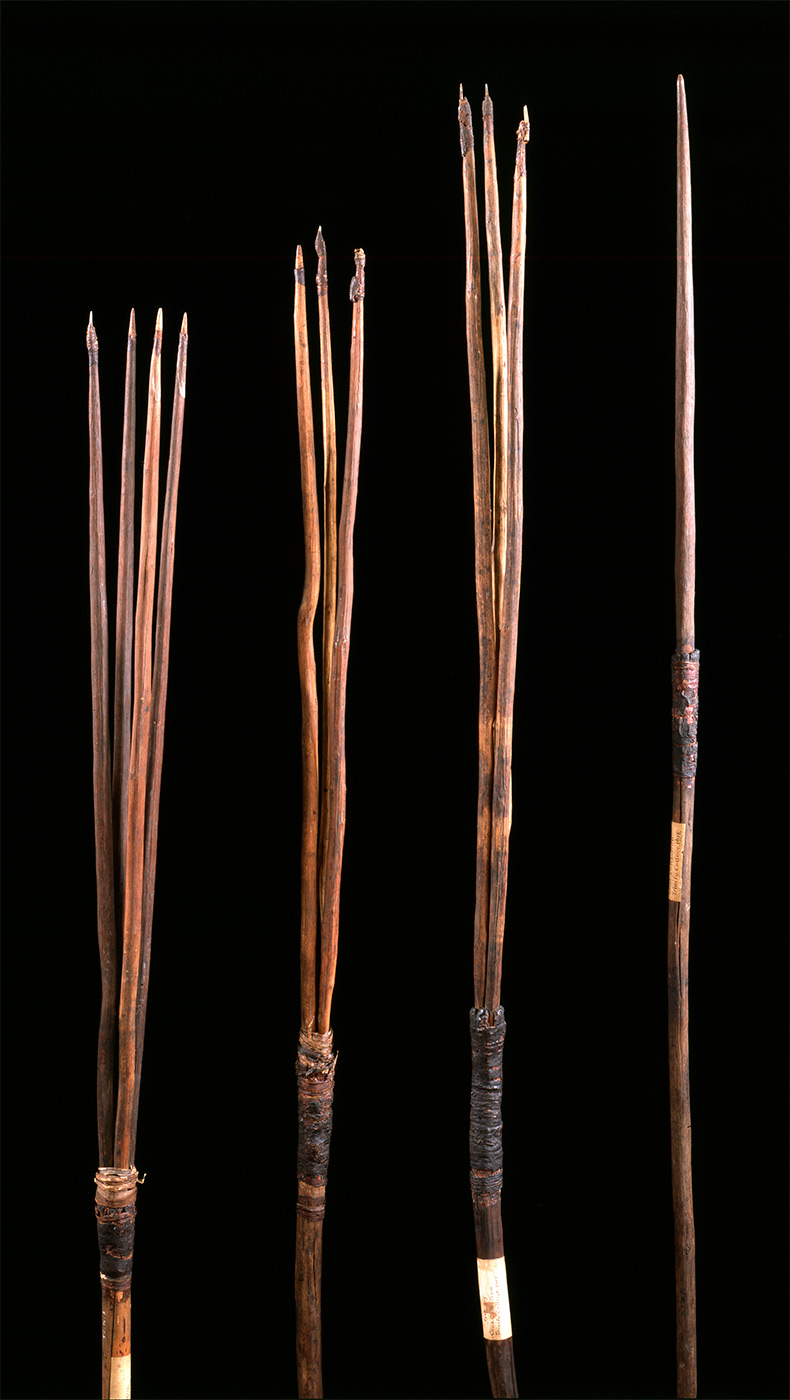As #BlackLivesMatter protests echo around the world, Australia must address the lack of accountability for its own Indigenous deaths in custody, UNSW experts say.
The tacit acceptance of Indigenous deaths in custody demonstrates Australia’s endemic blindness to violence against its First Nations people, says Alison Whittaker, a UNSW Law Scientia PhD candidate and Gomeroi woman.
“There is a complicity and perceived normality in Indigenous deaths at the hands of police and prisons,” she says. “Rather than acts of violence, Indigenous deaths in custody are considered the result of comorbidity within the public consciousness.
“And so Indigenous death and suffering is naturalised; Indigenous people live only by the benevolence of their gaolers.”
Indigenous deaths in custody are receiving unprecedented attention with thousands of Australians flaunting social distancing advice over the weekend to join the wave of global protests sparked by the death of George Floyd during his arrest by Minneapolis police.
The 46-year-old African-American father of two, who was suspected of passing a counterfeit $20 bill, died while police officer Derek Chauvin knelt on his neck for nine minutes. He was unarmed and restrained, and repeatedly said “I can’t breathe”.
For Australian protesters, wearing facemasks with the words ‘I can’t breathe’ across their mouths also resurrected the memory of David Dungay Jr’s death in custody in Australia in 2015. The 26-year-old Dunghutti man passed away while being restrained by five prison guards despite saying “I can’t breathe” 12 times before losing consciousness.
Mr Dungay, who had diabetes and schizophrenia, was in Long Bay jail hospital when guards stormed his cell after he refused to stop eating a packet of rice crackers. He was moved to another cell, restrained face down and twice sedated before he died.
On ABC’s Q&A, his mother, Aunty Leetona Dungay, posed this question to the panel: “My son David Junior was killed in very similar circumstances. He was pushed down into the ground by heavy officers.
“David cried out ‘I can’t breathe’ many times in the space of his last nine minutes … we know we have a long fight ahead to get justice so I am asking the panel will you join us to demand charges are laid on the people responsible for my son’s death?”
While the charge against US officer Derek Chauvin has been elevated to second-degree murder, and the other three officers implicated in George Floyd’s death now face charges of aiding and abetting murder, none of the officers involved in David Dungay’s death have been held accountable.
In November last year, NSW deputy coroner Derek Lee found Mr Dungay did not pose a “security risk”, and that it “was neither necessary nor appropriate for David to be moved”. However the guards’ conduct was deemed the “product of misunderstanding” and “systemic efficiencies in training”, so no disciplinary action followed.
The coroner attributed the cause of Mr Dungay’s death to cardiac arrhythmia, noting pre-existing health conditions, but cited “expert evidence [that] also established that prone restraint, and any consequent hypoxia [or loss of oxygen to cells and tissues], was a contributing factor although it is not possible to quantify the extent or significance of its contribution”.
Re-traumatising the grieving
This lack of accountability retraumatises “those who have lost someone inside”, says Ms Whittaker. “This has a devastating and enduring effect on families’ mourning. Unfortunately the process is protracted for many of these cases and a lack of justice is commonplace.”
Despite Australia’s mandatory legal review into every death in custody or police presence, few charges are laid. Ms Whittaker’s PhD thesis looks at Indigenous deaths in custody, following on from her previous research.





/news/gmp-ops-strategy-web-banner.tmb-768v.jpg?sfvrsn=3fe03d03_1)


